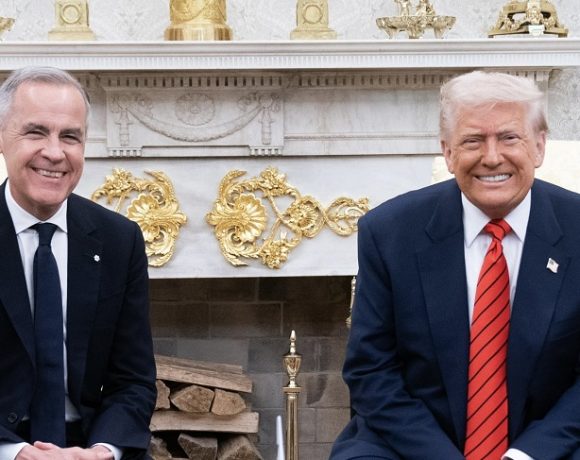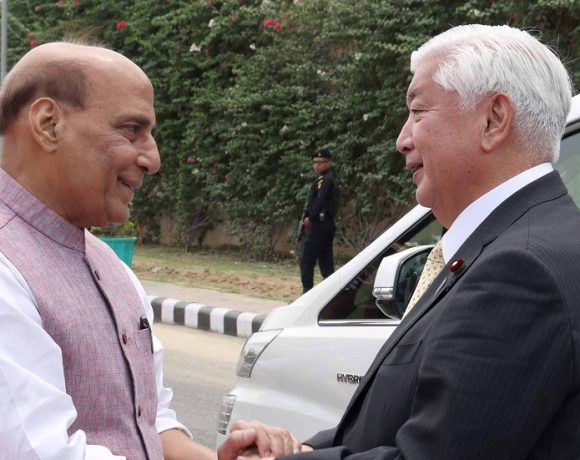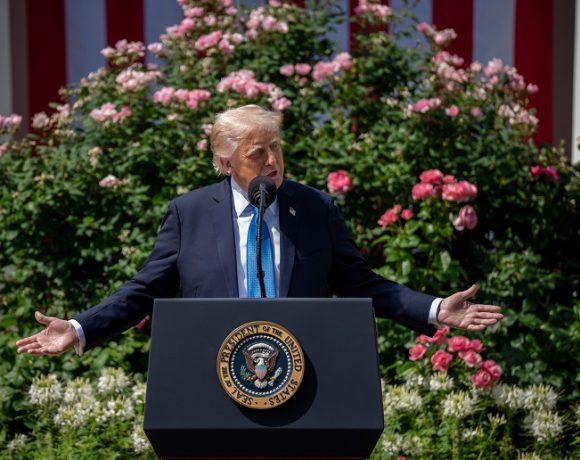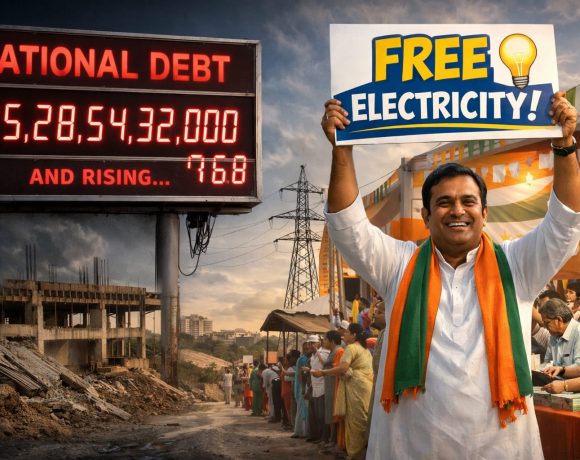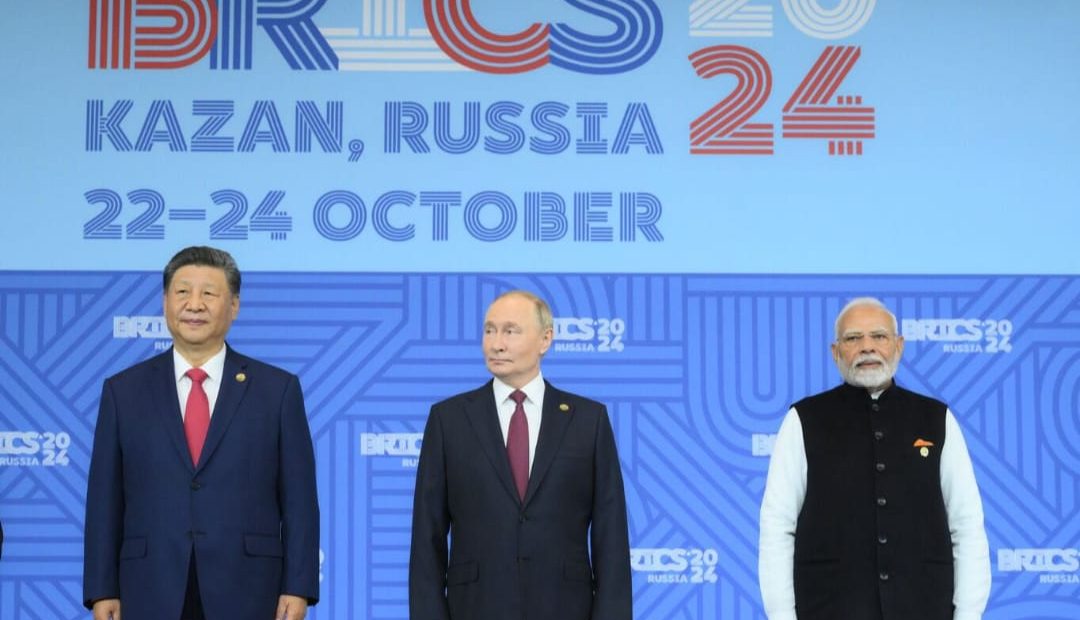
BRICS to Denounce Trump-Era Tariffs at Rio Summit
Leaders of the BRICS bloc—comprising Brazil, Russia, India, China, and South Africa—are preparing to deliver a strong diplomatic rebuke to the United States’ use of unilateral tariffs, particularly those imposed under President Donald Trump’s administration. The anticipated declaration at the Rio de Janeiro summit will reaffirm BRICS’ commitment to multilateral trade norms and global economic stability.
BRICS Tariffs: A Joint Condemnation
In a yet-to-be-released summit communique, BRICS nations express “grave concern” over what they describe as coercive economic actions that disrupt international trade systems. Without naming Trump directly, the document condemns unilateral tariff increases and non-tariff barriers, characterizing them as violations of World Trade Organization rules.
The collective stance underscores a shared frustration among BRICS members over what they see as politicized trade measures that disproportionately hurt developing economies. The group argues that such policies erode trust in the global rules-based order and hinder equitable economic recovery.
Multilateralism vs. Protectionism
The statement positions BRICS firmly against economic nationalism and trade protectionism, marking a deepening rift between the group and Washington’s trade policy approach. By emphasizing the importance of multilateral institutions like the WTO, the bloc is sending a clear message: that global trade should be governed by consensus, not coercion.
In addition to trade, the communique also addresses issues such as climate change, development financing, and the humanitarian crisis in Gaza. However, it is the economic message—particularly on tariffs—that is likely to have the most immediate geopolitical resonance.
Strategic Signal to Washington
This firm stand is more than symbolic. It reflects the increasing assertiveness of emerging economies in challenging Western-dominated economic structures. BRICS leaders are seeking to carve out a greater role in reshaping trade governance to reflect their growing share of global GDP and influence.
The summit is also expected to explore options for alternative financial mechanisms that reduce dependency on Western-dominated systems, further reinforcing the bloc’s strategic pivot. As the Rio summit progresses, the BRICS alliance appears united in its vision: a global trade system that is inclusive, rules-based, and resistant to unilateral pressures.


